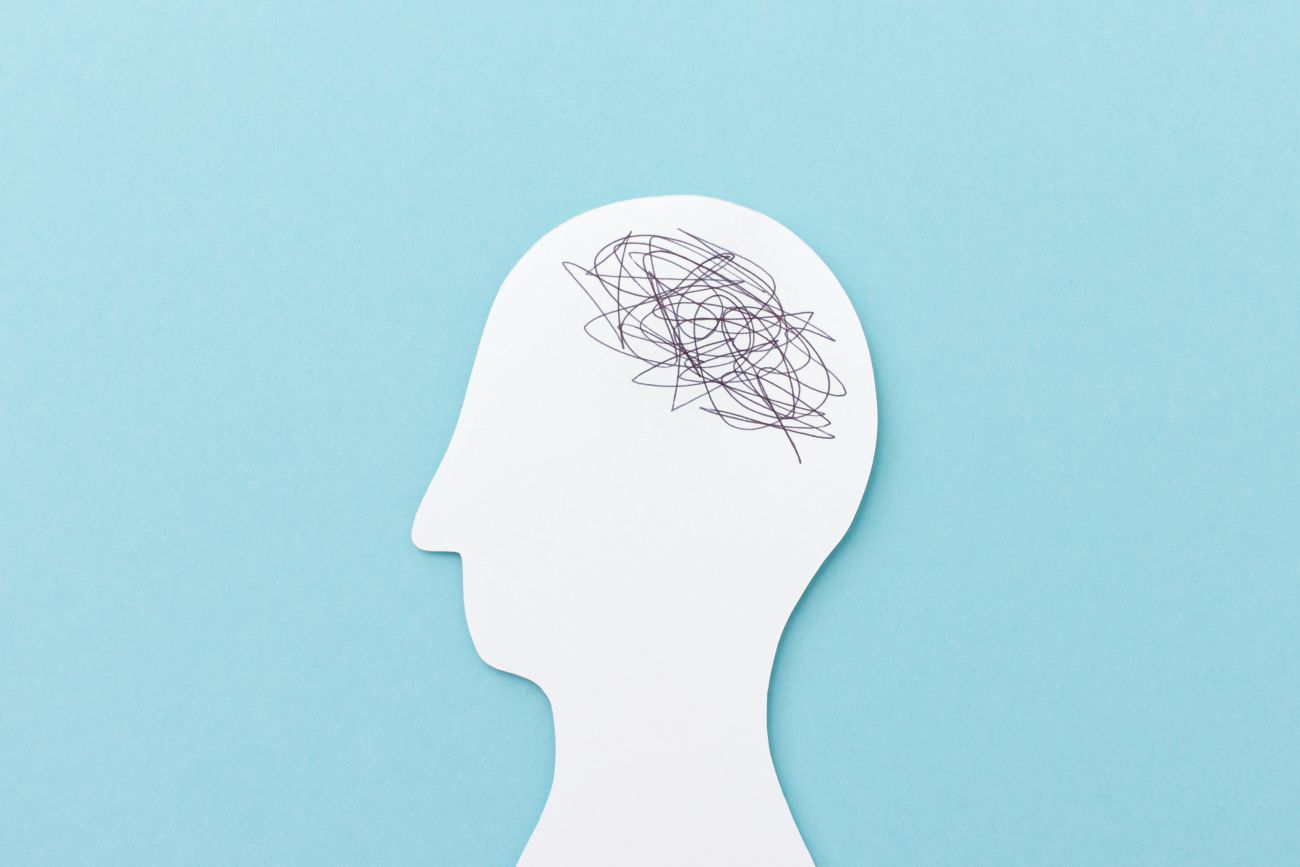Evolving Dementia Care
We are proud to partner with Juliet Holt Klinger—renowned gerontologist, dementia care expert, and founder of Dementia Outfitters—to reimagine what memory care can be. Together, we are advancing a new standard of human-centered environments where design and care are seamlessly integrated. Our shared mission to transform the paradigm of elder care in this country is rooted in empathy, dignity, and a deep respect for the lived experience of aging. As part of our collaboration, Juliet has authored a guest blog for StudioSIX5, offering her unique perspective on how thoughtful environments can empower care partners and enrich the lives of those living with dementia.
40 Years, Countless Lessons
Some 40 years since the inception of specialized dementia care centers in the U.S., a great deal is now known about how to best support those living with, especially the advanced stages of dementia, and their families. These settings, often called “Memory Care” communities, have provided a fertile ground for the growth and refinement of person-centered approaches to care and programming, which have proven crucial in changing the culture of elder care in America. However, calling these specialized communities “memory care” centers has simplified and cleansed the description of the depth and complexity of care provided to the residents and their families.
Perhaps this was done to make the transition more palatable or approachable to consumers, something that is arguably positive if it helps to loosen stigma and fear. But by simplifying the complexity of care required in “memory care” communities to treat those with dementia we may run the risk of downplaying their vital role for those families experiencing a dementia diagnosis in our current healthcare ecosystem.
A Complicated Illness
Dementia is one of the most complex illnesses that can strike a human; it is cognitive, psychological, neurological, medical, socially complicated, and at times psychiatric in its symptomology. Much more than the loss of memory, it has come to be defined by symptoms that are woven into a multifaceted web of challenges best navigated with expert guidance.
The presence of a diagnosis of dementia almost guarantees a family will need to interface with nearly every aspect of the healthcare system over the course of the illness. Care transitions between physician’s offices, acute care centers, emergency departments, pharmacies, home health agencies, and long-term care communities and eventually hospice and palliative care organizations are consistently a part of living with dementia. People living with Alzheimer’s or other dementias have more than twice as many hospital stays per year than other older people and in addition, they have more skilled nursing stays and home health care visits per year than other older people.
Best Approach to Navigate Dementia
It has been well demonstrated that mitigating the symptoms of dementia and enhancing well-being for those diagnosed is achievable through non-pharmacologic and often very low-tech methods. This work is largely comprised of bio-psycho-social-spiritual approaches, which have been perfected in the minds, hands and hearts of paraprofessional care partners and “soft scientist” dementia specialists. This may be why it has suffered a lack of dissemination and legitimization in purely academic and evidence-based practices. We now know with certainty that it is not the locked doors themselves that provide the greatest benefit for those living in secure dementia care, but rather the intentional way life is organized and supported for the residents in the environments behind those doors. After years of honing the residential dementia care model, we understand that the real prescription i.e., treatment for persons living with dementia is to remain engaged in a life filled with purpose, meaning, and deep connections to others.
Essential elements for the resident living with dementia distilled in the best dementia care communities include first and foremost, an authentic relationship with a consistently assigned, dementia-competent, care partner who understands the right communication approaches and who practices proactive consideration of unmet needs.
Secondly, access to strength-based, individualized, daily engagement in purposeful activity presented in a dignified manner and preferably which includes tasks and roles that contribute to the greater good and helping of others. And finally, maintaining the freedom to continue to do and decide for oneself for as long as possible, including safe access to a choice of spaces and environments—both indoors and out. These elements are setting-agnostic and should be viewed as the gold-standards for supporting or “treating” anyone who is living with dementia.
Integrated Approach
Specialized dementia care settings can and should lead the way in the development of best practices for facing the challenges of dementia. Integrating the latest evidence-based advances and new technologies with the time-honored gold standards of person centered dementia care and programming has created new depths of understanding about the clinical management of dementia. More than just “Memory Care”, today’s dementia care settings must embrace the complexity.
We need to strive to continue to provide the needed services with our gold-standard, person-centered, strength-focused approach, while we build the necessary multifaceted care ecosystem of the future that will ultimately support the well-being of those living with dementia and the families who support them.
Let’s Collaborate
Need help designing a dementia-supportive environment? Through this partnership, Dementia Outfitters provides consulting services grounded in research, empathy, and decades of hands-on experience in dementia care innovation. Contact Dementia Outfitters to learn more.
StudioSIX5 brings award-winning expertise in human-centered design to create environments that support dignity, autonomy, and connection. Together, we deliver holistic solutions for memory care communities—from concept to completion.
